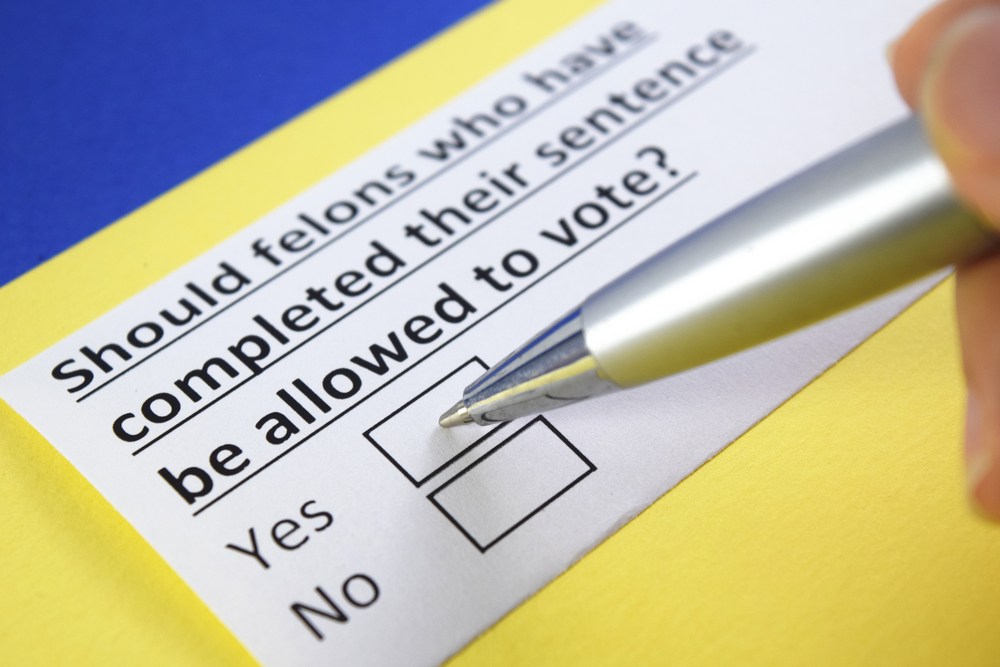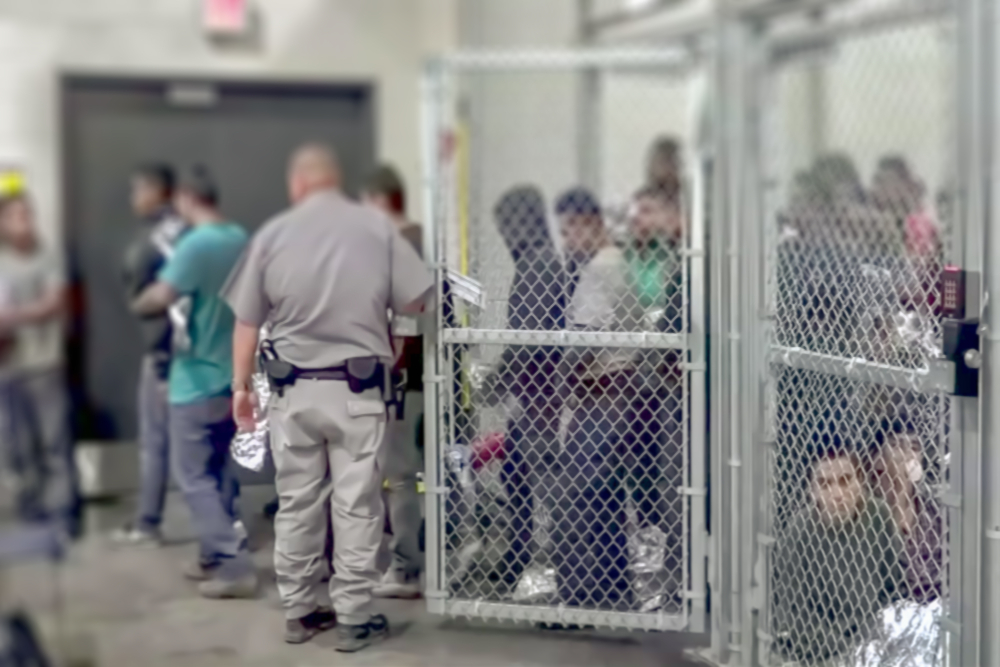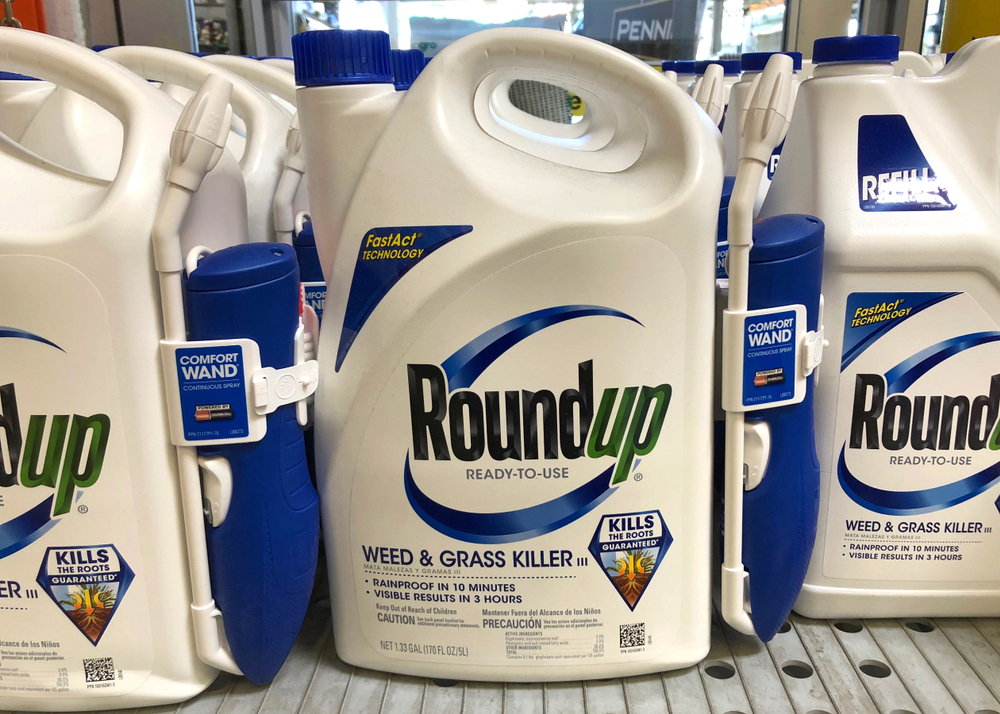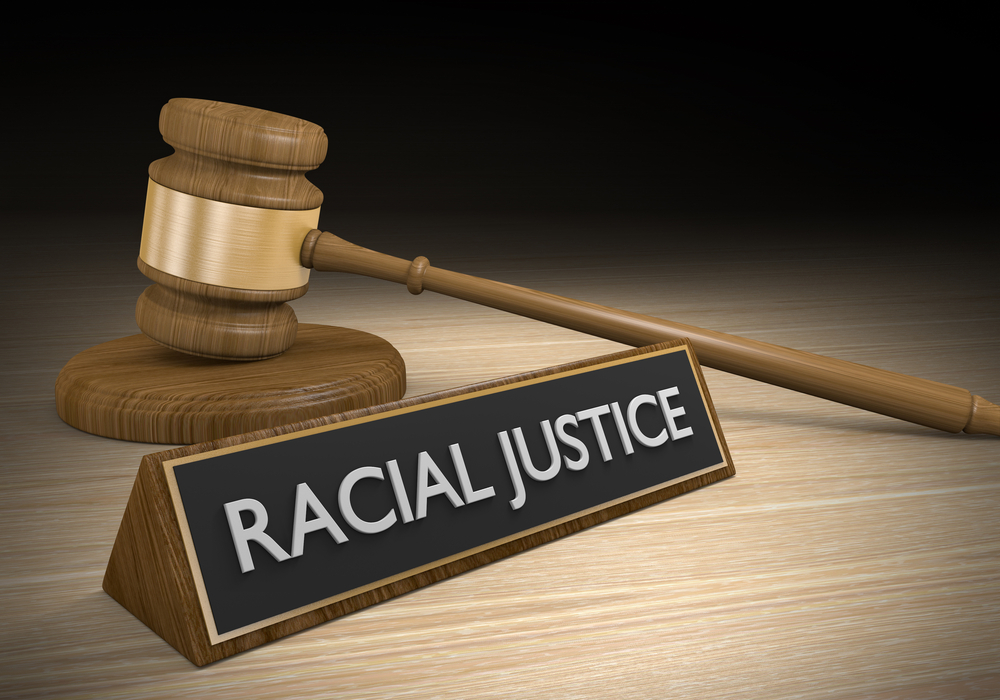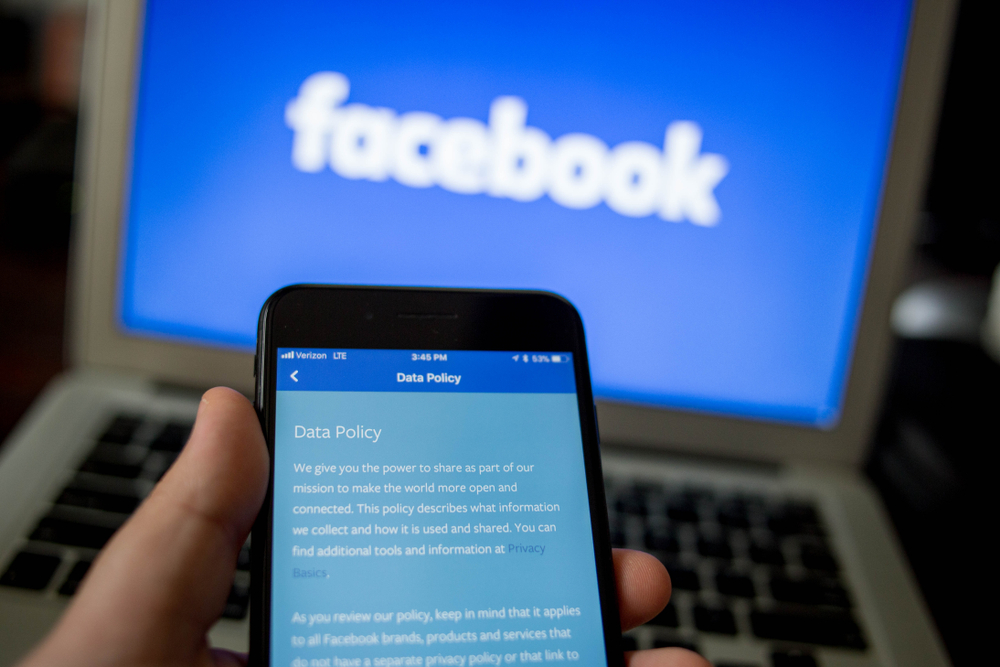Florida felons will not get the opportunity to vote in the state’s primary election in August after the U.S. Supreme Court decided not to weigh in on the fight over the issue, at least not yet.
The decision did not include a written ruling. The court’s three liberal justices, Sonia Sotomayor, Ruth Bader Ginsburg and Elena Kagan, disagreed with the decision in a written dissent.
Amendment 4, passed by more than 64% of Florida voters in 2018, restored the rights of most convicted felons to vote. Those convicted of murder and sex crimes are not eligible under the Constitutional amendment. The state Legislature, however, added requirements that those felons pay all fees due, including court costs, before they can legally vote, but gave them no path to determine what they owed.
RELATED: Supreme Court ruling on religious schools has broad implications
RELATED: Supreme Court upholds robocall ban, but the phones keep ringing
In the case of Kelvin Leon Jones et. al vs. Ron DeSantis, et. al, District Court Judge Robert L. Hinkle wrote an opinion in May saying the state’s pay-to-vote system “falls short in substantial respects.” The state appealed and the 11th Circuit Court of Appeals in Atlanta put a stay on Hinkle’s order until a hearing can take place Aug. 18, the same day as Florida’s primary elections.
According to the Scotusblog in an article from Howe on the Court, “An order by the U.S. Court of Appeals for the 11th Circuit that put the trial court’s ruling on hold, the voters argue, ‘creates chaos and confusion about who can and cannot vote, where a wrong guess creates the risk of criminal prosecution,’ The potential impact of the Supreme Court’s ruling is immense, the voters add, for three-quarters of a million Floridians who may now be uncertain about their eligibility to vote as a result of the 11th Circuit’s order.”
This deters people from even trying to register, for fear of being charged with voter fraud, the rights groups claim.
Voters challenged the state law, arguing that it is unconstitutional because it discriminates based on wealth. It also argues that the pay-to-vote rules violate the U.S. Constitution’s 24th amendment banning poll taxes and the District Court, in May, agreed.
Those who sought relief from the Supreme Court asked justices to allow the District Court’s order to remain in effect as the state’s appeal is reviewed, according to the Campaign Legal Center in Washington, D.C., which is representing would-be voters and voters who helped get Amendment 4 approved.
On Florida’s voter registration form, written in red letters, is a note warning that it is a criminal offense to vote without a determination that you are eligible, said Mark Gaber, director of trial litigation for the CLC.
“If the state is going to do it, it needs clear rules,” he said. “The governor said when the legislature enacted the pay-to-vote system, that he disagreed with voters on Amendment 4, but 65% of Floridians agreed at the ballot box that folks should be able to have their voting rights restored after they complete their sentence. It should not depend on their wealth. And to make matters worse, the state can’t even administer the system. They can’t tell anyone if they have to pay or how much. If they can’t even do that, there is no basis for imposing this modern-day poll tax.”
Neither the governor’s office, nor the office for House Speaker Jose Oliva replied to requests for comment.
Gaber said he believes the reason the state is continuing to fight Amendment 4 is because “it’s to keep these voters disenfranchised, full stop. There is a primary happening in August, there is the November general election. Elections happen all the time and it appears for whatever reason, the governor is afraid of having people who are citizens that have repaid their debt to society by serving their time, not be able to participate in democracy and that is a sad fact.”
He expected Justice Clarence Thomas to refer the emergency request to the full Supreme Court quickly, and he did, but the court opted not to take up the issue. Thomas fields emergency applications from the 11th Court of Appeals.
“One of the reasons we sought relief is that courts should not disrupt the rules in the midst of an election,” Gaber said. “The District Court entered a clear injunction that remedied this and the day before the state was prepared to send out overseas ballots,” the state appealed. It was bad enough before that. This made a bad system even more chaotic, because there is no way for anyone to know what they owe.”
The request to the Supreme Court in Raysor v. DeSantis stated, “Judge Hinkle’s order not only ensured constitutional voting eligibility requirements but provided much-needed clarity about who can vote in Florida,” according to the CLC. “But the U.S. Circuit Court of Appeals for the Eleventh Circuit created chaos and confusion about voting eligibility by suspending the district court’s decision just weeks prior to Florida’s upcoming registration deadline for the August primary election.”
“Now, after a full trial on the merits, the plaintiffs' evidence has grown stronger,” the request to Justice Thomas stated. “This order holds that the State can condition voting on payment of fines and restitution that a person is able to pay but cannot condition voting on payment of amounts a person is unable to pay or on payment of taxes, even those labeled fees or costs.”
The Raysor request stated that the state of Florida “has shown a staggering inability to administer the system… and is on pace to complete its initial screening of citizens by 2026, or perhaps later, and only then will it have an initial opinion about which (currently registered) citizens must pay and how much they must pay to be allowed to vote. The State has attempted – but so far failed – to determine how much the 17 individual plaintiffs must pay to vote and has identified but not begun a review of the at least 85,000 registered voters who may or may not be ineligible under this pay-to-vote scheme.”
The district court’s permanent injunction, the request said, “remedied the State’s chaotic, unconstitutional pay-to-vote system, relying upon systems and procedures the State already employs. But in a one-sentence order with no explanation, and on the eve of the July 20 registration deadline, the en blanc Eleventh Circuit has stayed the district court’s injunction wholesale.”
Even after the state’s appeal is heard, it is possible the case will end up back at the Supreme Court.
For decades now, civil rights leaders have continued the fight to ensure that all Americans can exercise their right to vote, according to the McCourt School of Public Policy at Georgetown University. “There are many different types of systemic barriers that inhibit people from voting, many of which date back to the Jim Crow era. One type of barrier is felony disenfranchisement or the restriction of voting rights due to a felony, and it prevents approximately 5.85 million Americans from voting, according to the American Civil Liberties Union.”
The campaign organizers, including McCourt alumni Marlon Marshall, determined that if the ballot initiative became associated with one political party, it would likely fail.
“At the end of the day, it’s not political,” Marshall said. “It doesn’t matter what party you may identify with,” voting is a fundamental right every American should have.

